Have you ever stopped to think that Jesus had a mom? Someone gave birth to Jesus and cared for him when he was too young to feed himself or care for himself or even move himself from place to place. Jesus, who was fully God and fully man, had a mom to do those things for him.
The mother of Jesus, a woman named Mary, was not well-known. She did not have other children, so it’s not like she had experience. She was young, probably between 12 and 15 years old, and was just newly engaged to a man named Joseph. Women were not allowed to own property or study, or have jobs. Women were not even really encouraged to speak and had few if any rights. But, when God set his whole salvation plan into motion, he chose Mary to be an integral part of the rescue.
In Luke 1:26-38, we can read the story of the Angel Gabriel announcing this plan to Mary. “Greetings, O favored one, the Lord is with you.” This was the first topsy-turvy moment of the whole plan. Mary, a young, unknown woman, was told by an angel that she was favored and loved by God, that he had chosen her out of all the women in the world to care for his son.
Then he told her that God was keeping his promises to the house of David and Jacob, to all his people. Jesus is the fulfillment of all the promises and prophecies that Mary’s family and community have held onto for so long.
Mary recognized the promises and previous stories of God’s faithfulness. In his work on Galatians, NT Wright points out, most Jews at the time of Mary would believe they were part of a story and that there was a movement to that story. The God of Israel, the God of Abraham, has been true to his word and is sending a Savior. Mary listens to the plan, and responds in faith, “Behold, I am a servant of the Lord; let it be to me according to your word.”
Mary then went to visit her cousin, Elizabeth, who was pregnant with John the Baptist, and she celebrated God’s work, his saving grace through his Son, Jesus, who she was carrying. She sings a song that we now call the Magnificat, praising God for his radical love for his people.
“My soul magnifies the Lord, and my spirit rejoices in God my Savior, for he has looked on the humble estate of his servant. For behold, from now on, all generations will call me blessed; for he who is mighty has done great things for me, and holy is his name. And his mercy is for those who fear him from generation to generation. He has shown strength with his arm; he has scattered the proud in the thoughts of their hearts; he has brought down the mighty from their thrones and exalted those of humble estate; he has filled the hungry with good things, and the rich he has sent away empty. He has helped his servant Israel, in remembrance of his mercy, as he spoke to our fathers, to Abraham and his offspring forever.”
Did you know that the Magnificat was actually banned—forbidden from being read or sung aloud in three countries because it was considered so radical to say that God scatters the proud, topples the mighty, and lifts up the lowly? Those in power were scared to hear that God’s way is always different than our way.
Mary understood that Jesus was about to change everything—that instead of a rich, powerful, prideful ruler, God was sending a humble servant who would love us so much he would die for us. Jesus is the answer to the covenant God made with Abraham, and would be like nothing we expected.
For those of us who care for children, Mary is a humbling reminder that God writes his story not about those who are the best at everything, those who know the most, or those who have experience. God comes where he is least expected, righting the wrongs and turning everything right side up. We are part of a story that began long ago, and that is not done yet, and we can remember that God is a faithful StoryMaker who is working all things for the good of those who love him.



